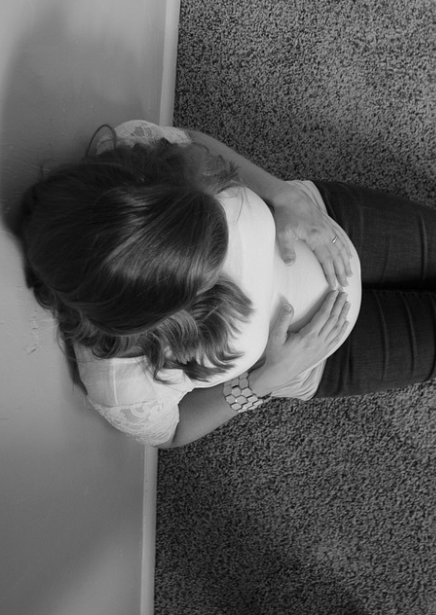
Breaking the Taboo: Women Who Regret Motherhood
Orna Donath, an Israeli sociologist, anthropologist and author of Making a Choice: Being Childfree in Israel, has come out with a new study titled Regretting Motherhood. Applying a feminist lens, it interviews Jewish Israeli women who, as the title indicates, regret becoming mothers and discuss the ramifications of their regrets. Donath shows the difference between not wanting to be a mother and not liking children; the women in the study often talk about their love for their children and what they do for the sake of the children’s well-being, while saying that if they could go back in time, they would not want to be mothers. This groundbreaking study tackles a rarely discussed subject, often left unmentioned because of obvious taboos. Donath told Lilith why she decided to write about this aspect of women’s reproductive rights, the stigma around women who don’t want to be mothers, and how she sees the possibility of a positive paradigm shift.
Danica Davidson: Before Regretting Motherhood, you were already writing about reproductive rights and deciding not to be a mother. Why did you decide to write a book from this angle?
Orna Donath: At the end of my first study (it was conducted between 2003-2007 about Israeli-Jewish women and men who do not want to be parents), I was left with one sentence that kept troubling me and that is the certain promise towards women mostly: “You will regret it. You will regret not being a mother.” It was hard for me to leave it at the dichotomous determination that decisively pins regret to being a non-mother by threatening women with regret as a weapon, while at the same time simply excluding any possibility to think of regret following motherhood.
Since I was sure that there are women who regret becoming mothers, I decided then to write my Ph.D. about it (which later on turned out to be the book Regretting Motherhood). I didn’t want to learn about regretting motherhood “only,” but to study the relationship between society and emotions, and the political usage of them as well.
One comment on “Breaking the Taboo: Women Who Regret Motherhood”
Comments are closed.




Though this is not at all what Dr. Davidson is addressing or endorsing, I do want to add the thread that mothers telling their children (especially their daughters!) “I never wanted to have you” is a very common justification of child abuse. “Child” abuse often continues into the adult children’s lives, and some savvy feminist mothers point to the oppression of women in patriarchal social structures to additionally justify their “right” to neglect and be embittered/abusive to their children of any age. Rebecca Walker (daughter of Alice) touches on this in her memoir. Of course, the problem lies with the misogynistic cultures themselves, not the mothers who are reacting to the suffering the cultures inflict upon them. Nevertheless, regretting motherhood has profound consequences for children of women who regret it and who make those feelings indelibly clear (and damaging) to their kids. This is such a complex, difficult, and painful topic for so many women. I have created a FB page and website for shunned & estranged daughters called Sedna’s Daughters.